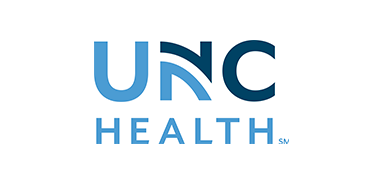DATA GOVERNANCE
Lead your industry with predictive data intelligence

Looking for real-world data governance advice?
Join our monthly Data Empowerment Experts webinars and learn from global data governance leaders as they share lessons learned from their own successful journeys.
DATA GOVERNANCE USE CASES
What can you do with predictive data intelligence?
Analyst Reports, eBooks and More
Recommended data governance and privacy resources
TDWI Checklist Report: Seven Data Governance Best Practices for Your Data Warehouse and Data Lake
Read nowPredictive Data Intelligence provides the data foundation that modern data-driven organizations need
Watch nowpage
Analyst Report
TDWI Checklist Report: Seven Data Governance Best Practices for Your Data Warehouse and Data Lake
How To Video
Predictive Data Intelligence provides the data foundation that modern data-driven organizations need
RELATED PRODUCTS AND SOLUTIONS
Begin—or accelerate—your data governance journey with Informatica
Explore our intelligent, integrated and modular data intelligence solution.
Data Governance, Access and Privacy
Data Catalog
Data Quality & Observability
Cloud Data Marketplace
Start improving your data-driven decision-making today.











